Converting outbuildings into offices
You can sell an asset only once but let it many times says Cheryl Markosky, which is why shrewd homeowners are converting their outbuildings for rent


With the proportion of the UK workforce toiling from home growing all the time, and 2.5% or 681,000 working mainly from home (nearly double the amount in 1981), shrewd homeowners are examining outbuildings and garages with the intention of converting them into office space to use themselves or rent out to others. Vivienne Waugh, who is selling the splendid, seven-bedroom Warnford House in Warnford, Hampshire, for £1.65 million for the main house or £2.5 million for the whole, has recognised the hidden value her outbuildings, stables and garages have for potential buyers. 'You could turn the old outbuildings, including the former coach house, into office or studio space,' points out Mrs Waugh, who bought the house in the Meon Valley village 38 years ago with her late husband, who once worked for Lloyds. Agent Jon Dakin from John D Wood & Co's Winchester office (01962 863131; www.johndwood.co.uk) says Mrs Waugh has been sensible in obtaining a letter from the local planning department, outlining what can be done with her outbuildings, so potential buyers know where they stand. 'As the house isn't listed and comes with a fair amount of land, planners look favourably on homeowners enjoying an easy commute?a 30-second walk across the gravelled yard?to work in outbuildings, with the proviso, in this case, that they are used only by the owner and no more than two fellow workers.' Mrs Waugh also re-roofed her outbuildings, which means planning permission isn't required?except for the garages?as work on outbuildings in reasonable order falls within permitted development. Typically, local authorities in poorer rural communities are keen to grant permission for old barns to be adapted into offices or workshops, preserving the aesthetics of the barns and providing local employment. They are less happy these days, however, for barns to be turned into residential spaces, where more and larger windows are required to accommodate views, which means they do not retain any of their original look. The Laughtons own a five-bedroom house in Newmill, Penzance, with a fine granite barn they converted into two offices/artists' studios in the 1980s. Uses for these spaces have included building a rowing catamaran, making jewellery and developing photographs. The family is selling the complex for £670,000 through Stratton Creber (01872 240999; www.strattoncreber.co.uk). Agent Nick Wilkinson at Stratton Creber, a former Royal Academician painter, believes letting studios to artists is a great way to help them, at the same time as earning a bit of extra income from your property. 'You would need to get permission if letting to outsiders, with planners probably favouring smaller workshops.' Grants are available from some local authorities, although you have to pay half the money back on a sliding scale if you sell within three years. Often, small offices are deemed less disruptive than creating new residential dwellings, with 'nine-to-five lower-impact use, and no children kicking a ball against a wall on a Sunday morning,' points out Nicholas Rooke from G. W. Finn & Sons in Kent (01227 710200; www.gwfinn.co.uk), who is letting newly converted offices in a barn and outbuildings on a farm in Sarre, between Canterbury and Margate. The owner could reap a considerable sum in rent for the offices fashioned from a cow shed and barn (£68,000 a year), old dairy (£25,000) and corn store (£10,000). 'It brings in extra income, but you keep control. Letting offices is not as unsettling as holiday lets, or renting out an annexe to the main house,' Mr Rooke adds. In these troubled times in the farming community, it might be better to let than sell. 'My view is that you can sell an asset only once, but you can let it many times.' Top tips for turning outbuildings into offices * Location is important. There will be more interest in offices near main roads?near the M25 is popular in Kent, or down the M4 corridor?and good train routes * Carry out research to make sure what you offer suits the local market * You don't have to spend a fortune: installing broadband is better than expensive, stylish kitchens * It costs less to convert property into offices than residential space, from about £120 per square foot as opposed to £140 * Read more on how to make pounds from your property
Sign up for the Country Life Newsletter
Exquisite houses, the beauty of Nature, and how to get the most from your life, straight to your inbox.
Country Life is unlike any other magazine: the only glossy weekly on the newsstand and the only magazine that has been guest-edited by HRH The King not once, but twice. It is a celebration of modern rural life and all its diverse joys and pleasures — that was first published in Queen Victoria's Diamond Jubilee year. Our eclectic mixture of witty and informative content — from the most up-to-date property news and commentary and a coveted glimpse inside some of the UK's best houses and gardens, to gardening, the arts and interior design, written by experts in their field — still cannot be found in print or online, anywhere else.
-
 'The watch is Head Boy of men’s accessorising': Ginnie Chadwyck-Healey and Tom Chamberlin's Summer Season style secrets
'The watch is Head Boy of men’s accessorising': Ginnie Chadwyck-Healey and Tom Chamberlin's Summer Season style secretsWhen it comes to dressing for the Season, accessories will transform an outfit. Ginnie Chadwyck-Healey and Tom Chamberlin, both stylish summer-party veterans, offer some sage advice.
By Country Life Published
-
 Lewis Hamilton, Claude Monet and the Four Horsemen of the Apocalypse: Country Life Quiz of the Day, April 29, 2025
Lewis Hamilton, Claude Monet and the Four Horsemen of the Apocalypse: Country Life Quiz of the Day, April 29, 2025Tuesday's Quiz of the Day looks back at Lewis Hamilton's first win and ponders on the meaning of greige.
By Toby Keel Published
-
 What to expect when you're expecting (to move to the countryside)
What to expect when you're expecting (to move to the countryside)On March 28, agents Michael Graham will be showcasing some of their best countryside properties at their west London office.
By James Fisher Published
-
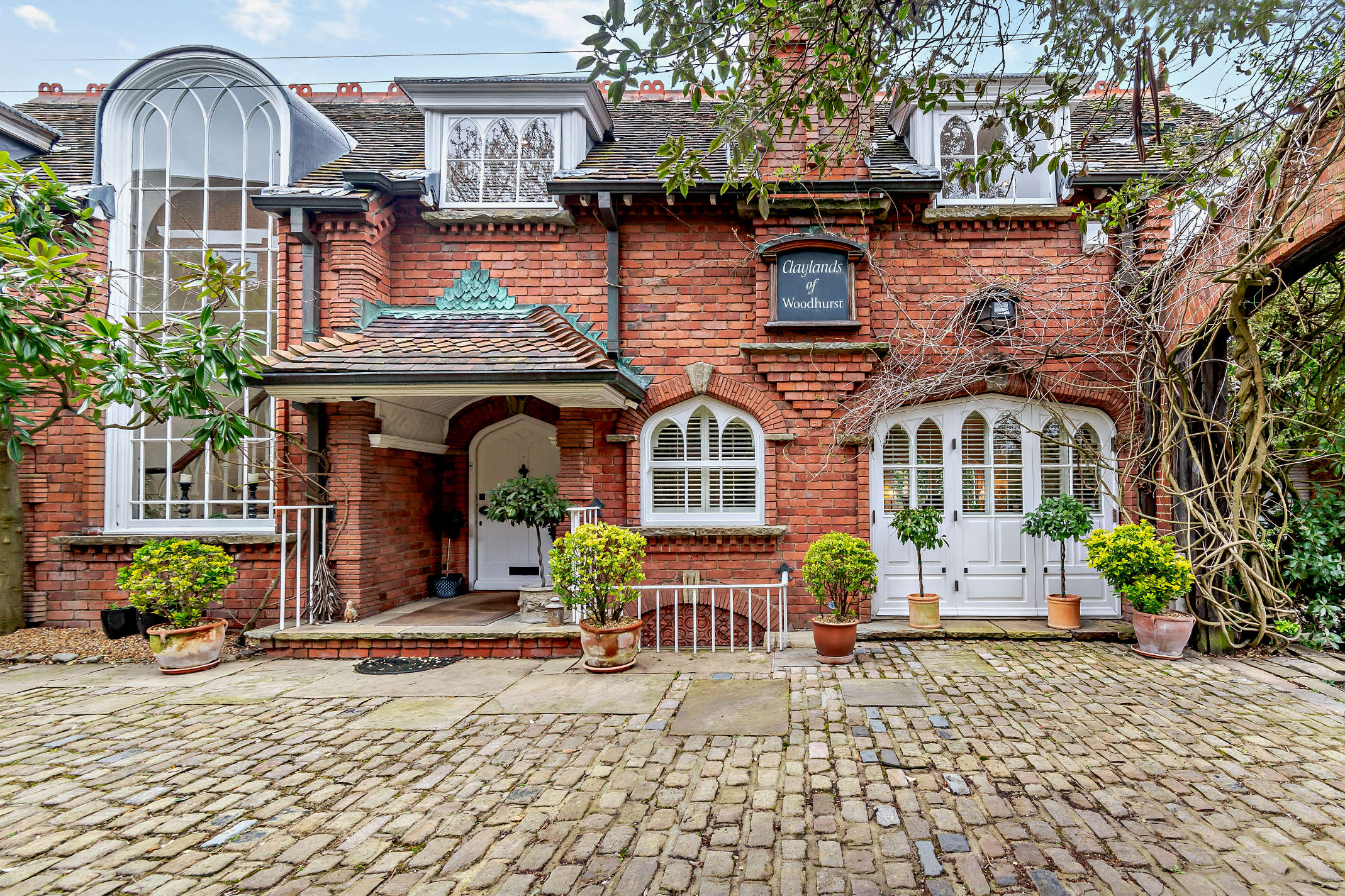 Property Talk: When is the right time to downsize?
Property Talk: When is the right time to downsize?Sometimes our homes can get too big for us, meaning it’s time to downsize. Here, we speak to those involved with the process.
By James Fisher Published
-
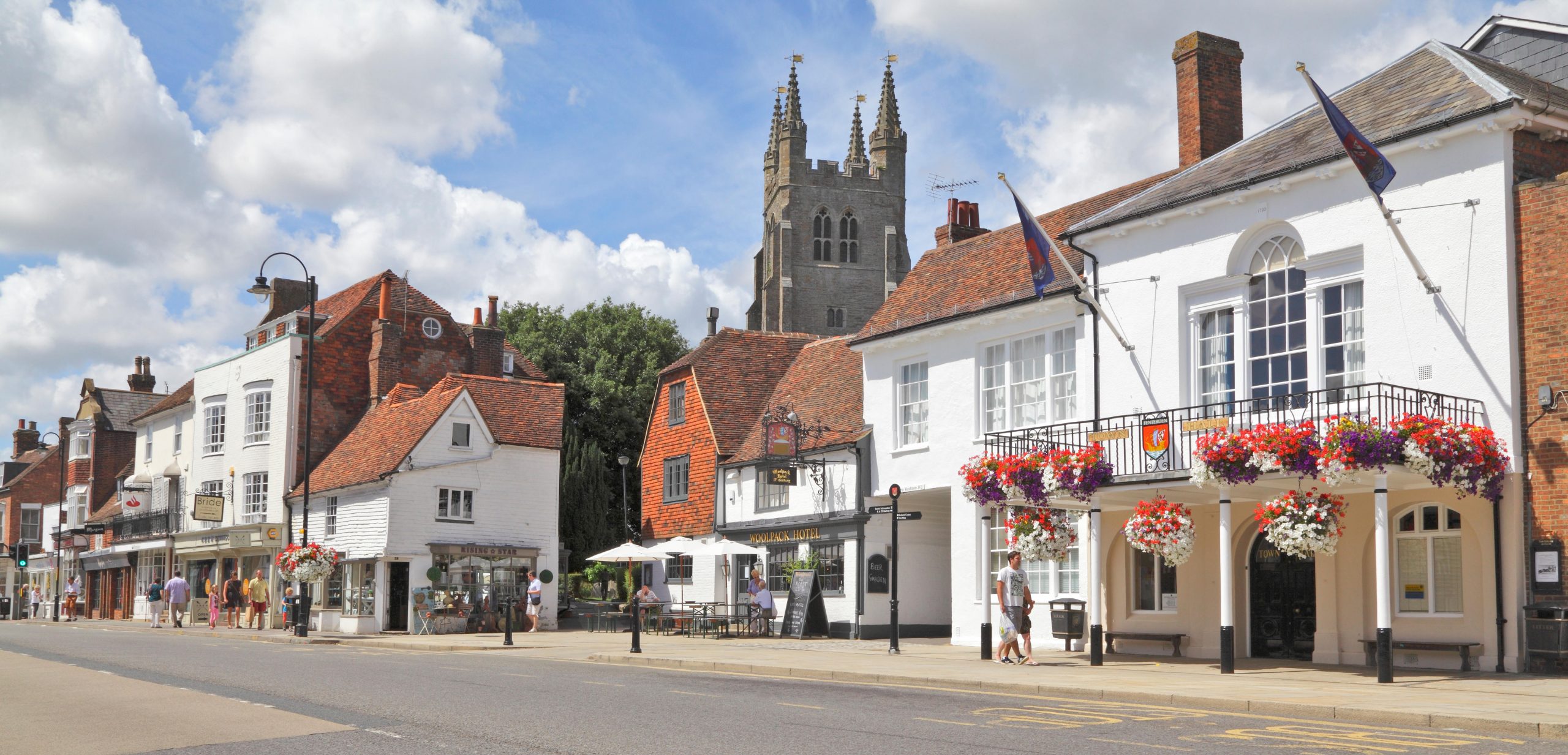 How to win in the property market: Tips from some of Britain's best buying agents
How to win in the property market: Tips from some of Britain's best buying agentsWhether looking for the perfect family home or negotiating on price, buying agents do the heavy lifting–and are well used to analysing the market. Carla Passino gets advice from a few of the best.
By Carla Passino Published
-
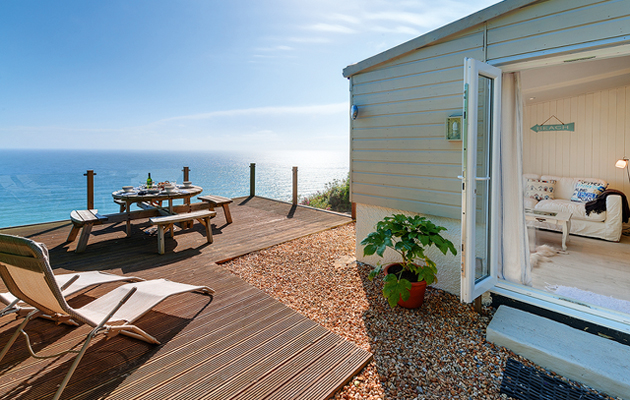 Top tips on renting your holiday home
Top tips on renting your holiday homeThe holiday-home market on the Cornish coast looks set for a lively summer. Arabella Youens finds out how to make the running costs bearable.
By Arabella Youens Published
-
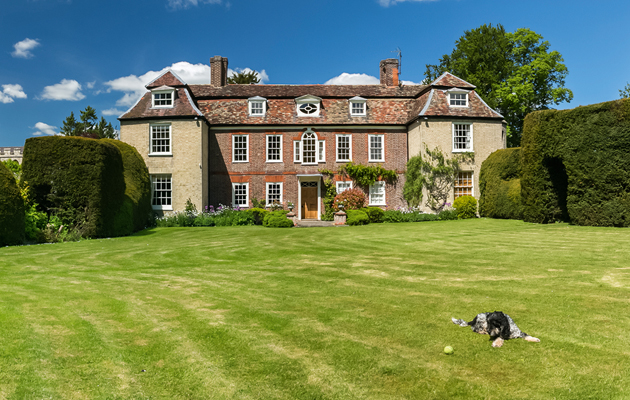 Tips and advice for holiday home owners
Tips and advice for holiday home ownersWith the start of the summer season nearly upon us, more and more country-house owners are dipping into the short-let scene.
By Country Life Published
-
 Property guide to Elstead
Property guide to ElsteadFreddie Mack shares the secrets of Elstead in Surrey, a prime spot for young families looking for properties outside London near good schools
By Country Life Published
-
 Property guide to Cheriton
Property guide to CheritonIf you're considering buying property in or around Cheriton this year, take a look at our property guide which covers where to buy, what prices to expect and where to have fun in the area
By Country Life Published
-
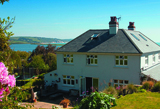 Make your holiday let work for you
Make your holiday let work for youIf you're considering renting out your holiday property prepare by reading this first
By Country Life Published
